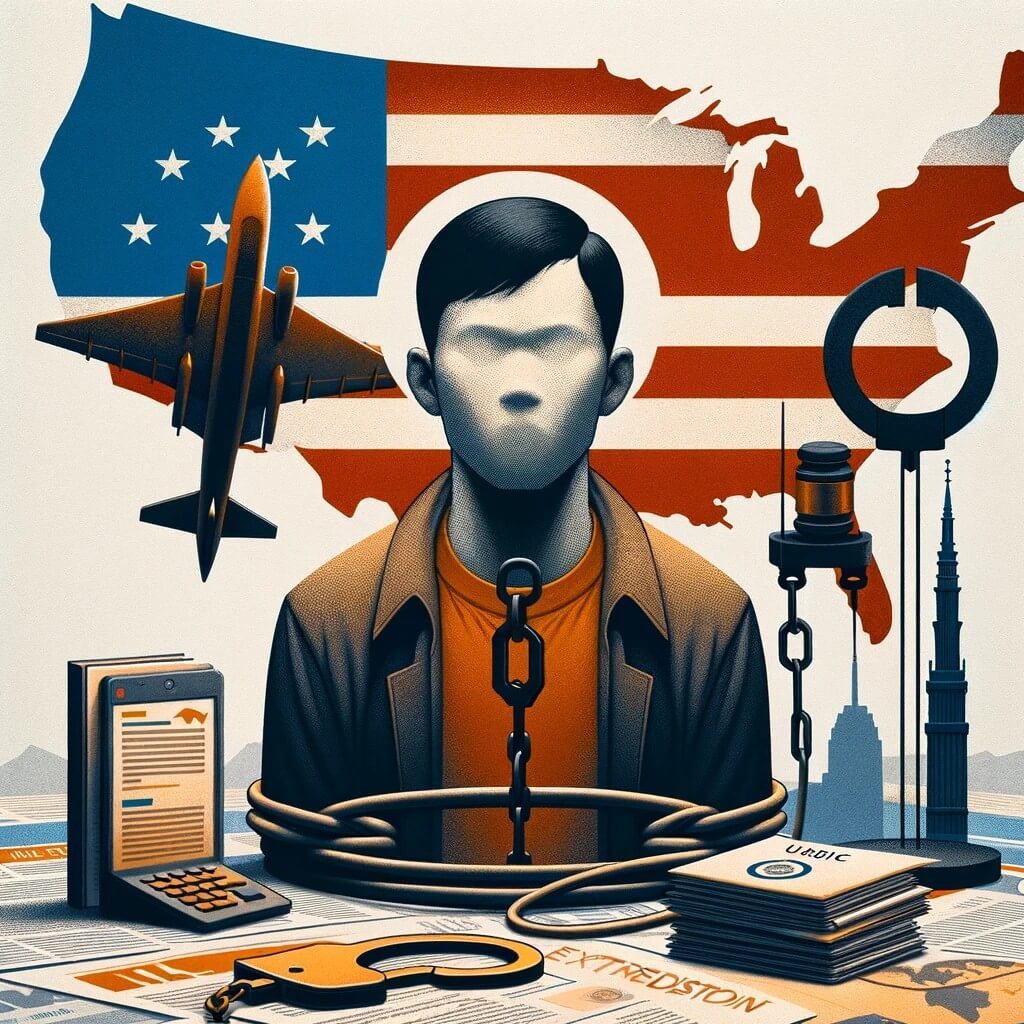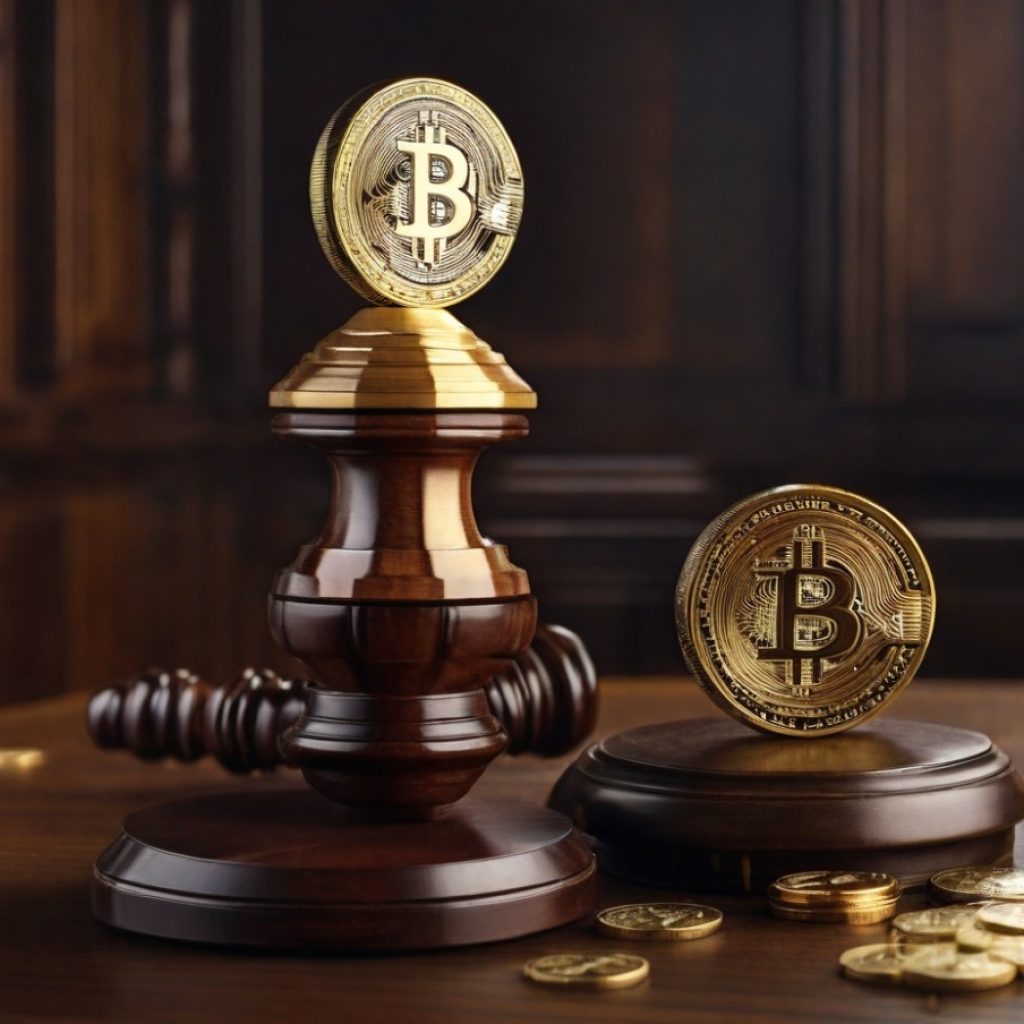Johannesburg is buzzing with world leaders as the BRICS summit unfolds, spearheading conversations on the potential expansion of its membership and reimagining a future less dependent on the US dollar.
While the limelight often gets stolen by the G7’s antics, this summit indicates BRICS‘ intentions to not just be another footnote in global economics.
BRICS – Ambitions, Hesitations, and Strategic Alignments
There’s a thick air of anticipation surrounding the summit, chiefly about China’s intention to add more weight to the BRICS bloc, aiming to challenge the G7’s influence.
But as is the nature of alliances, each nation brings its interests to the table. For instance, Brazil and India exhibit reservations, fearing a diluted influence in an expanded group, while also being conscious of China’s ambitions.
The summit has been graced by leaders like Brazil’s Luiz Inácio Lula da Silva, India’s Narendra Modi, and China’s Xi Jinping, among others. Notably absent, though, is Russia’s Vladimir Putin, given South Africa’s obligations to the International Criminal Court concerning his actions in Ukraine.
However, Russia’s sentiments are still echoed through its foreign minister, Sergey Lavrov. Beyond just the politics, this summit is also a melting pot of economic strategies.
Key topics include discussions on employing local currencies for trade within the BRICS nations, possibly sidelining the US dollar. However, speculations about introducing a common currency have been quickly dispelled.
And while China’s renminbi might be the prime candidate for this currency shift, it’s clear that these five nations’ economic dance is intricate, requiring careful choreography.
The Undercurrents of Expansion
Let’s cut to the chase: Expansion is the word on everyone’s lips. China sees it as an opportunity to bolster the bloc’s influence, given that the BRICS nations already encompass roughly 40% of the world’s population and a quarter of its GDP.
With over 40 countries expressing an interest in joining BRICS and almost half of them taking formal steps, the aspirations are clear. But it’s not all smooth sailing. Russia views potential expansion as a counter to its diplomatic setbacks due to its invasion of Ukraine.
South Africa too nods in favor, while India and Brazil tread cautiously, wary of China’s overshadowing influence and their roles in an enlarged alliance. The actual culmination of this expansion remains uncertain, but it’s evident that the BRICS bloc is a tantalizing prospect for many nations.
Despite the internal debates, the message from the BRICS summit is resounding: This is a bloc that’s serious about championing the cause of the developing “Global South.”
Rather than being a mere counterbalance to the West, it seeks to carve out its own narrative, challenging the global order monopolized by wealthy Western nations.
A Global Gathering with Far-Reaching Implications
The summit isn’t just about the BRICS nations. It has drawn interest far and wide. Notably, Saudi Arabia’s Foreign Minister is attending the BRICS Plus and BRICS Africa Dialogue, representing Crown Prince Mohammed bin Salman.
This dialogue aims to address global challenges, seeking sustainable solutions and fostering mutually beneficial partnerships in a multipolar world. Alongside, bilateral discussions are expected to enhance collaboration with various participating nations.
At the heart of Johannesburg’s bustling financial center, Sandton, this summit isn’t just another gathering of leaders. It’s a testament to a changing world order, with BRICS pushing its agenda forward, albeit with the challenges and intricacies of international diplomacy.
Whether the summit will lead to decisive outcomes or set the stage for future dialogues, it’s evident that the BRICS nations are no longer content playing second fiddle in global affairs.
In a world where alliances are continually shifting, the BRICS summit in Johannesburg is more than a mere meeting. It’s a statement, a vision, and possibly the dawn of a new global order. But as with all things politics, only time will truly tell.





